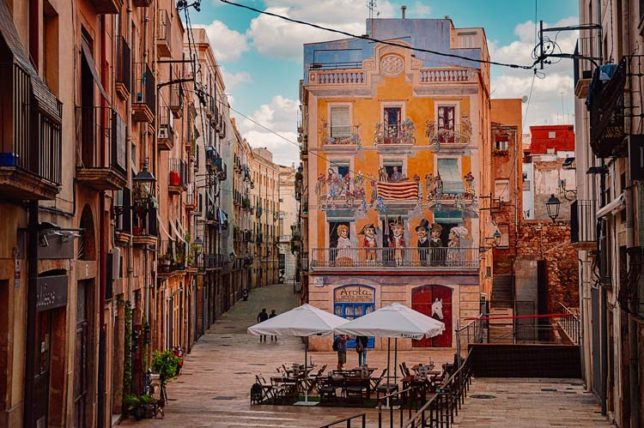Europe, the land of buttery croissants, postcard-perfect settings, and… wait, did someone flick my wallet?
Welcome to the darker (but totally avoidable) side of European travel: the common tourist scams in Europe.
Now, before you start panicking and reconsidering your trip, let me tell you that this post isn’t to scare you off. Sure, scams exist in Europe, but they’re “common” for a reason. They usually have the same style and approach, and mostly happen in touristy areas.
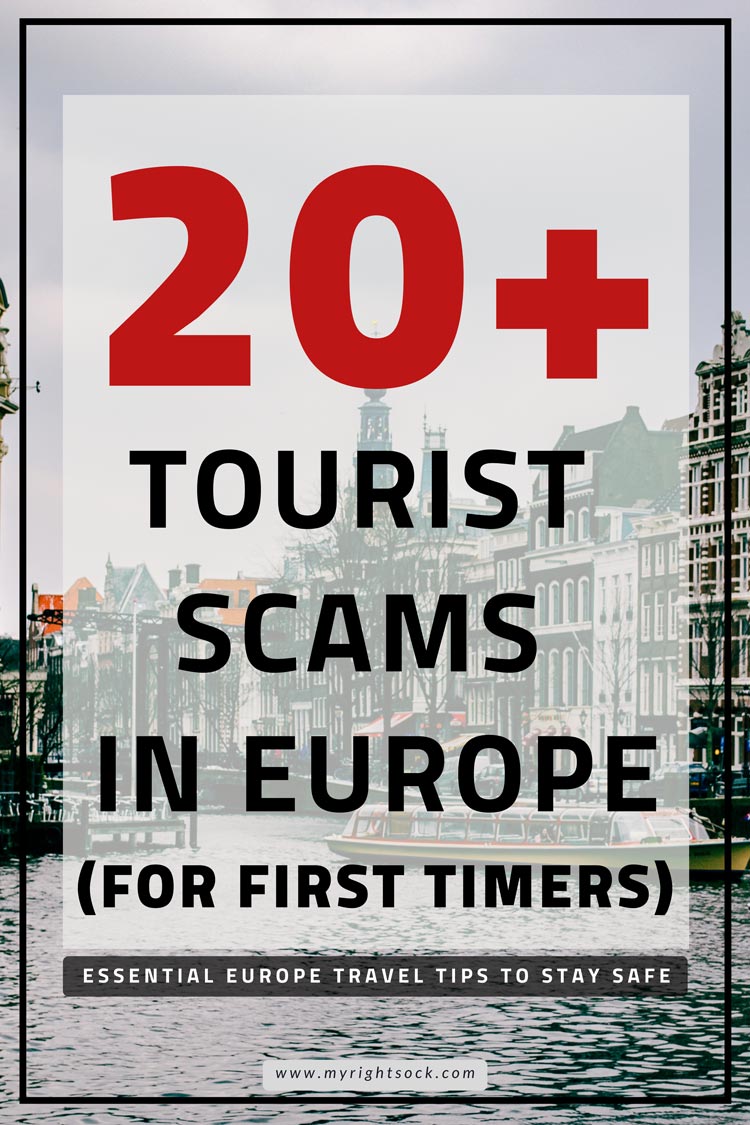
Falling for these scams is a classic first time Europe travel mistake. But with a little insider knowledge (and perhaps a healthy dose of side-eye), you can sidestep the sneaky traps like a pro.
This guide will walk you through all the tricks scammers love to pull on unsuspecting tourists, and more importantly, how NOT to fall for them.
STREET SCAMS IN EUROPE
1. Friendship Bracelet/Flower Scam
How The Scam Works: Someone approaches you with a friendly smile, chat you up, and offer a friendship band or a flower, apparently as a gift. If you don’t show resistance, they grab your arm and strap it on. Then they proceed to ask for money.
Sometimes they’ll guilt-trip you, sometimes they’ll get aggressive, and occasionally, while you’re distracted, their buddy is pickpocketing you.
How to Avoid It: If someone approaches you with a bracelet, flower, or anything you didn’t ask for, keep walking. Avoid eye contact and give a firm but polite “No, thank you” or just shake your head. Keep your hands close and your valuables even closer.
2. Fake Petition Scam
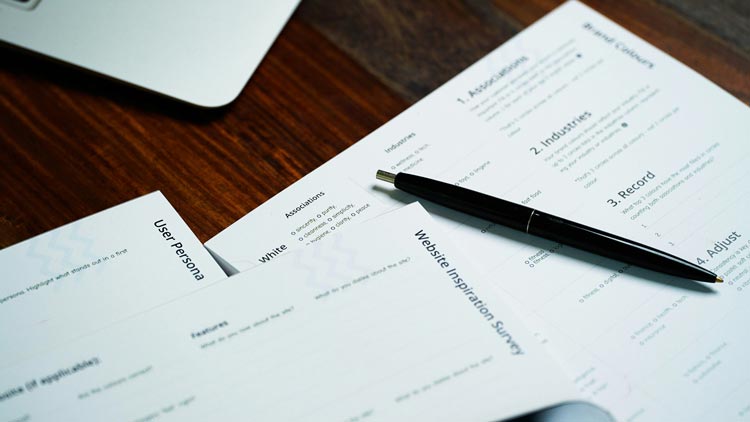
Another common tourist scam in Europe, this one operates with the same M.O. as the bracelet scam: capitalizing on distraction and guilt.
How the Scam Works: A young person (or a group of them) approaches you with a clipboard. They gesture at it, sometimes acting deaf or mute, and point to what looks like a petition. Think “support the disabled”, “stop violence”, “help the children,” etc.
It all seems noble, and all they need is your signature (or so they say!).
As soon as you sign, they’ll demand a donation. And if you hesitate, they’ll all gang up and pressure you. Then there’s always the possibility of someone coming along and discreetly grabbing your wallet.
This same thing happened to my parents in Berlin. Luckily I was with them, and I told these tricksters to bugger off. But to a first time visitor in Europe, the situation can be embarrassing and overwhelming.
How to Avoid It: Don’t sign anything on the street. No exceptions. If someone approaches you with a clipboard, just shake your head and walk away. There’s no need to engage. And always keep your hands on your belongings.
Remember that this scam preys on kindness and awkwardness. Don’t let guilt lead you into a trap.
3. The “Found Ring” Scam
This one is especially common in Paris… but don’t be surprised if you chance upon it in other bigger European cities.
How the Scam Works: You’re walking along, when someone ahead of you suddenly bends down and picks something up. They turn around and say, “You dropped this!”, holding out what looks like a gold ring.
You didn’t drop it. But they insist. If you say no, they’ll offer it to you anyway, saying they don’t need it. “Take it – good luck!”, they smile. Aww, cute.
The moment you relent and take the ring, they want money. Just a “small tip” for their kindness. Of course they could also guilt you by saying they’re out of work, have a family, etc.
How to Avoid It: Don’t engage. If someone tries to hand you something you didn’t drop, just say no and keep walking. And never accept random items on the street. You don’t want to end up paying for the world’s ugliest ring that you never asked for in the first place 😉
4. Accidental Bump Scam
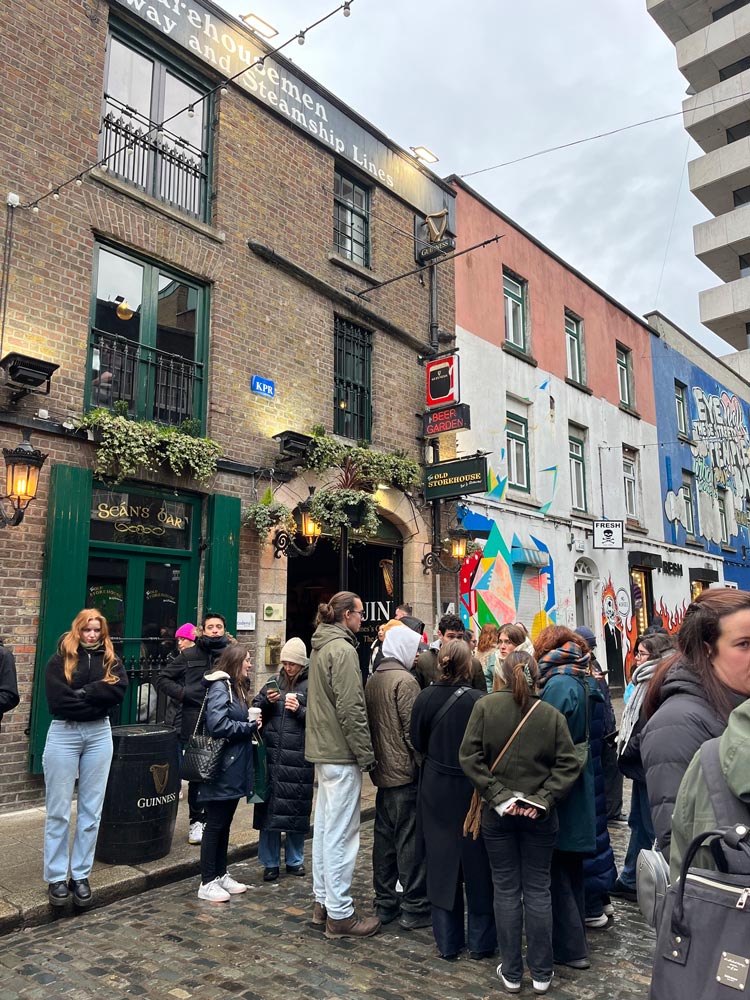
How the Scam Works: Classic pickpocketing scam. Someone bumps into you in a crowded area, apologies profusely and walks away. You make light of it, and go about your business. 30 minutes later, you realize that your wallet is gone.
How to Avoid It: Keep your belongings on your person and close. Stay alert at all times… but more so in busy areas and on public transport. Keep an eye on your wallet, and don’t keep it in the back pocket – it’s the easiest target.
5. Photo Op Scam
How the Scam Works: Most common in main city squares where there’s a lot of footfall, a street performer or someone in a costume will beckon you over for a photo. They’re all friendly and charming, and you think, “Why not?”.
Pose, click – and BAM! Suddenly they’re asking for money. They’re aggressive, they cause a scene, and often they’ll negotiate. All in an effort to get you to pay up.
I was a victim of this exact ploy (can’t say I haven’t had my share of tourist scams in Europe) in Frankfurt. This dude was quite the charmer until we took a photo. ⤵️
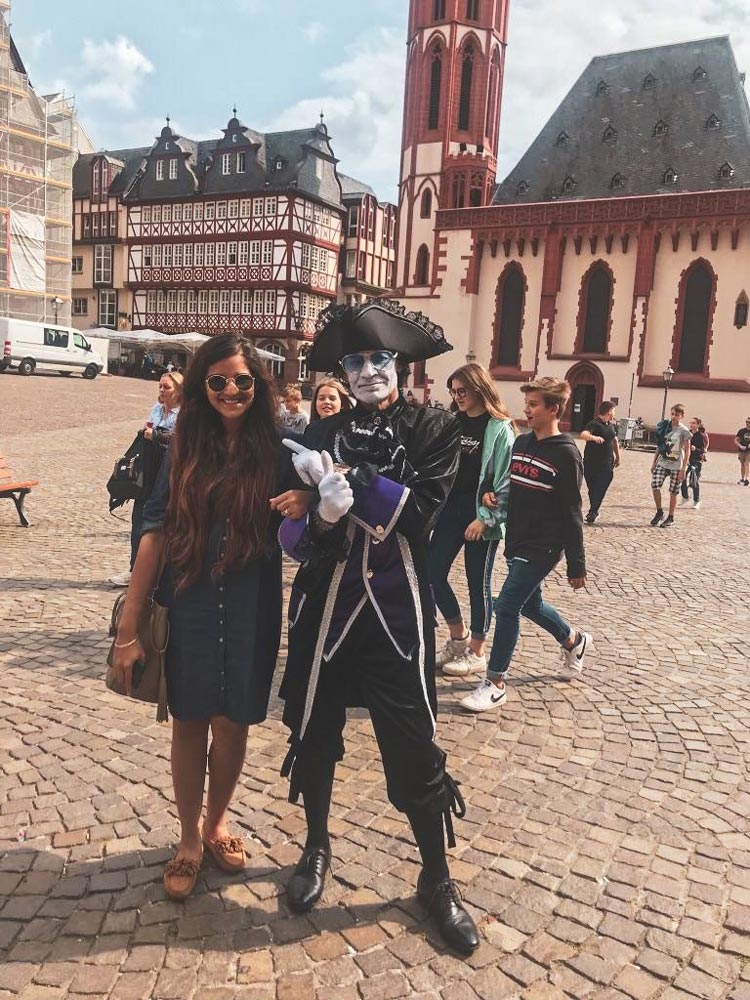
How to Avoid It: If anyone offers you a “free” photo or tries to hand you their parrot/snake/sword/puppet, assume there’s a price tag attached. If you want to pay 10-30 bucks for a photo op, it’s your money. But know what you’re signing up for.
6. “Messy Spill” Distraction Scam
How the Scam Works: This could happen when you’re walking down the street, or jostling through a crowd. Someone will furtively spill something on you – Coffee, ketchup, mustard, whatever. Or something like bird poop (not actual poop; it’ll just look like it).
Cue the “kind stranger” rushing over with tissues. “Oh no! Let me help you!” they’ll announce, patting at your bag, your shoulders, your back.
But this is a distraction, not actual help. While they’re pretending to clean you up, they (or their partner) are reaching into your bag or pockets.
Thing is, all this happens so fast, you’ll not even have the time to react before your wallet and passport are gone.
How to Avoid It: If anything gets spilled on you in public, step away immediately from everyone. Don’t let anyone “help” clean you. Find a bathroom or safe spot to sort it out yourself.
This scam often targets people right after they’ve come from the ATM, airport, or hotel. Because that’s when you’re MOST distracted. So if you’re handling cash or figuring out directions, be extra aware of your surroundings.
7. Grab-and-go Phone Snatching
How the Scam Works: A thief (on a bike, scooter or on foot) grabs your phone straight from your hand and disappears in seconds. It often happens while you’re using maps, texting, or taking photos in busy areas.
Another variation: when you sit down at an outdoor cafe, and put your phone down on the table, someone comes along and whisks it away before you can say “Whaatttt?”

How to Avoid It: Don’t use your phone while walking, and if you must, hold on to it extra tight. Keep it out of sight in public, and never leave it on tables.
8. Begging
How the Scam Works: In many big European cities you’ll encounter people on the street asking for money. Some will be seated quietly with a cup. Others might follow you, holding out a sign or pointing to a sleeping baby. Someone may be disabled.
Yes, all of it is heartbreaking. Homelessness in Europe exists, and it’s a sad reality of the present times. But there’s also an entire underground network in some cities where “begging” is an organized crime.
And often, these setups are paired with pickpockets.
How to Avoid It: It’s okay to feel compassion, but don’t let that override your personal safety. Be cautious and keep your bags zipped, if someone approaches you.
If you want to help, donate to verified charities or shelters, not street solicitors. And if you must, maybe hand out food but definitely not alms.
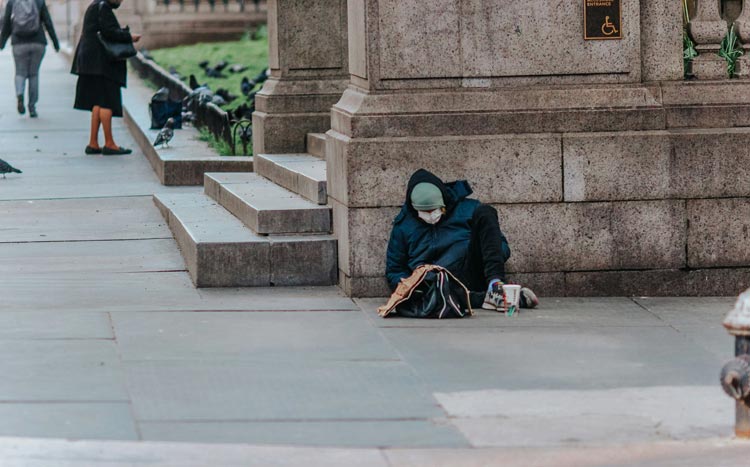
9. Fake Cops Scam
How the Scam Works: A couple of guys approach you flashing what looks like a badge. They ask for your wallet and ID. They’re actually just scammers playing dress-up and they’ll flick cash/cards out before returning the wallet.
I encountered this once in Paris, and only much later did I realize my wallet was missing €100. Back then I had no idea this was a scam because it all looked shockingly real.
How to Avoid It: First of all, know this: it’s EXTREMELY rare that real police asks to see your wallet or handle your money. If someone claiming to be police asks for ID, ask to see theirs first. A real cop won’t get offended.
And don’t hand over your wallet. You can show the contents if you must, but don’t let it go into the hands of someone else.
10. Fake Drugs Scam

How the Scam Works: Very common in party cities like Barcelona and Budapest. You’ll often see peddlers selling fake drugs (discreetly, of course).
In some cases, as soon as the offer is made, a fake cop appears and accuses you of buying counterfeit drugs.
How to Avoid It: Don’t ever buy drugs off the street. If anyone tries to sell you anything illegal, tell them off and just keep walking.
TRANSPORTATION SCAMS IN EUROPE
11. Taxi Overcharging Scams
How the Scam Works: Taxis can be convenient but also VERY scammy. The taxi driver will find a way to overcharge you while making it sound legit. Here are some common (and very convincing) arguments they present to get you to pay more:
- No Meter or “Broken Meter”: Driver claims the meter’s not working and quotes you a random – and wildly inflated – flat rate.
- Scenic Route Special: Taking the LONGEST possible way to your destination to run up the fare.
- “This Hotel is Closed”: They’ll tell you your hotel’s closed or overbooked and try to redirect you to another “really good place”. Spoiler alert: they’re only hooking you up for commission.
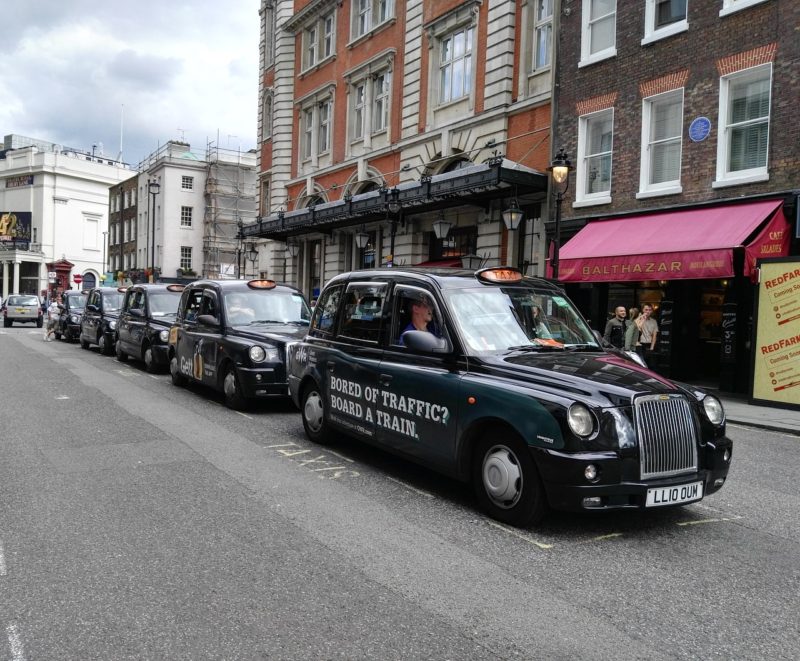
How to Avoid It: Always ask to use the meter. If they say no, that’s okay. There are plenty of other taxis available. It also helps to research your route in advance and follow it on maps while enroute. Use Google Maps in real-time so you can see if they’re taking you for a ride (literally!).
Also, if and where possible, take public transport instead of a taxi. It’s cheaper, safer, and Europe has an excellent public transport network which begs to be explored.
12. Fake Ticket Sellers
How the Scam Works: Individuals often sell skip-the-line tickets outside popular tourist attractions like the Louvre or the Colosseum, because of the never-ending queues there.
These tickets are overpriced or straight up counterfeit. They also promise VIP access or limited-time offers.
You might even see these scammers selling tickets at public transit hubs. This trap is huge in major metro stations in cities like Rome, Paris, and Prague.
How to Avoid It: Only buy tickets from official websites or authorized sellers. I mostly get my skip-the-line tickets from Get Your Guide, as they are licensed and offer free cancellations upto 24-hours prior.
Avoid buying tickets on the street, no matter how good the deal sounds.
For public transport, download the city’s official app. A quick Google search (done in advance) will give you the app name.
13. Rental Car Scam
How the Scam Works: You pick up your rental car, drive off into the sunset… and then return it a few days later, only to be hit with a hefty bill for “damage”. Scratches, dents, missing hubcaps – things you’re SURE you didn’t cause suddenly appear like magic.
Sometimes, the car was already damaged, but you didn’t notice (or document it). Other times, they’ll charge you for things like sand in the trunk, “excessive wear” on tires, or cleaning fees that cost more than your hotel room.
This scam is especially common with shady local rental agencies that lure tourists in with dirt-cheap rates… and then make up for it with surprise charges on the backend.
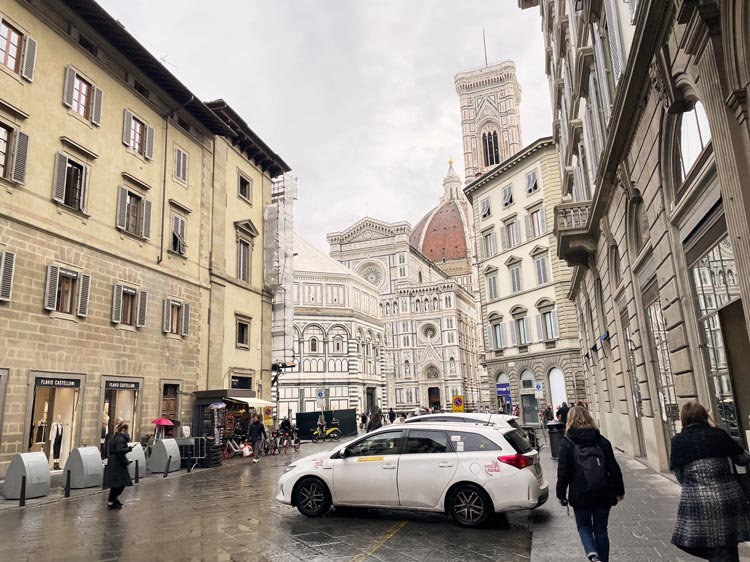
How to Avoid It: Document EVERYTHING. I can’t stress this enough.
Before you drive off, take clear photos and videos of the car from every angle, including the tires, roof, and interior. Do the same when you return it. Those extra 15 minutes you spend doing this might save you a lot of anxiety and euros.
If possible, use reputable rental companies, even if they’re slightly more expensive. If you go with a local guy, read up reviews online first.
Also avoid returning the car after-hours if possible. Hand it over to an actual human, get written confirmation, and keep every receipt and email.
ACCOMMODATION & DINING SCAMS
14. Fake Apartment Listings
How the Scam Works:
You spot an apartment or Airbnb listing, and it looks too good to be true. It’s picture-perfect, has an unusually low price, and no (or barely any) reviews and ratings. But you take a chance anyway and book it. The host seems friendly and offers a special discount if you pay directly via bank transfer or PayPal.
The second you make the transfer, the listing is gone, and so is your money.
Scammers often steal photos from real listings (sometimes from Airbnb) and post them on places like Craigslist, Facebook Marketplace, or fake booking websites.
Even on real platforms like Airbnb or Booking.com, the risk comes when you’re pressured to move the conversation off-platform to “save fees”. Once you pay outside the system, you’re on your own.
How to Avoid It: Book through trusted, well-known platforms, and always keep communication and payments within the app. Avoid paying outside of the platform – there’s no way to recover your money if you do.
Be suspicious of prices that seem too good for the location. Also reverse image search the photos. It’s a red flag if they show up on multiple listings or across different cities.
And not to mention, check reviews. If there are none, that’s a sign.
15. Overcharging Restaurants
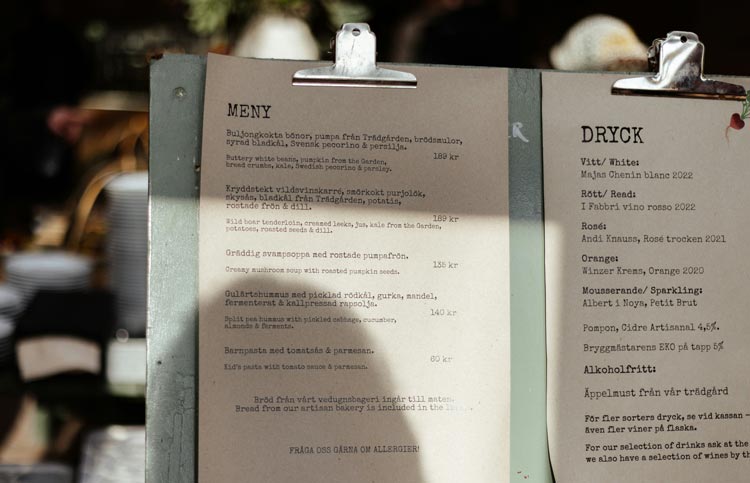
How the Scam Works: Restaurants in tourist-heavy areas may inflate prices, add hidden charges, or use confusing pricing tactics to overcharge you. Sometimes they include items you didn’t order, like bread, water etc., and then charge you for them.
In some cases, the menu presented at the start of the meal conveniently disappears by the time the bill arrives, replaced by a version with higher prices.
Sometimes they might push a daily special or off-menu item without telling you the cost (pro tip: whenever you ask for the server’s recommendation, make sure you know the price of the item).
Another common practice: menus that don’t display prices at all. When it’s time to pay, the bill might shock you a tad.
How to Avoid It: Always ask to see a menu with prices before ordering. Clarify whether there are extra charges for things like bread or table service (not that it’s a bad thing, but it’s good to know what you’re signing up for), and double-check your bill for anything suspicious. If anything looks off, don’t be afraid to question it.
DIGITAL & FINANCIAL SCAMS
16. ATM Skimming
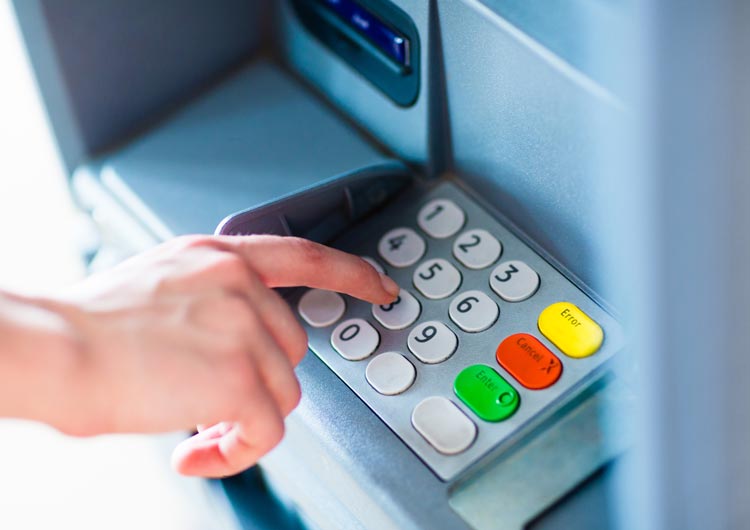
How the Scam Works: Thieves install sneaky little devices on ATMs, like fake card readers or hidden cameras, that capture your card data and PIN as you use the machine. Later, they clone your card and drain your account. This is especially common at ATMs in high-traffic, high-footfall areas.
Yes, this one is super scary. But there are ways to stay safe.
How to Avoid It: Use ATMs inside banks whenever possible. They’re usually monitored and harder to tamper with. Give the card slot a wiggle before inserting your card to see if anything feels loose or off. Cover the keypad with your hand while typing your PIN, so hidden cameras (if any) can’t catch the pin.
Also keep an eye on your bank account regularly while traveling. It also helps you stick to your budget 😉
17. Incorrect Change Scam
How the Scam Works: You hand over a bigger currency note while paying at a cafe/souvenir shop/taxi ride, expecting change. They’ll rely on your laxity and short you by a few euros. If you notice, they’ll plead ignorance, or worse, claim you gave a smaller currency note (than you think) to begin with.
How to Avoid It: Take your time to count the change returned right away. And don’t let anyone pressure you into rushing this. If you’re dealing with large bills, say the amount clearly as you hand it over: “Here’s fifty,”. If nothing else, it signals that you’re not an easy target.
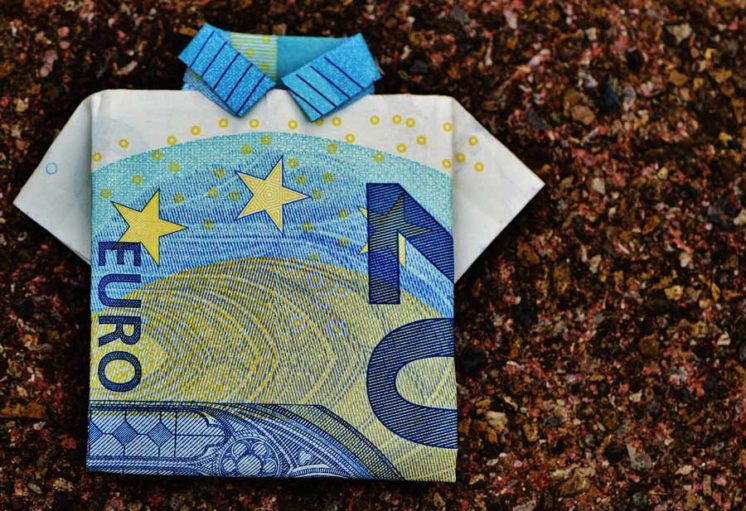
18. Phishing and Fake Booking Websites
How the Scam Works: Scammers create fraudulent sites that look almost identical to legitimate hotel booking platforms or flight deal websites. They trick you into entering your payment details and personal information, only for you to realize later that you’ve handed your data over to cybercriminals.
These fake sites usually appear as sponsored posts on search engines, or social media platforms, and they reel you in with promises of amazing deals.
Sometimes they send you a fake booking confirmation, only to find no such booking at the destination. Then, often this scam happens in concert bookings, where spots are limited and you’re desperate to find one.
How to Avoid it: Make sure to check the website’s URL carefully. Fraudsters alter the domain slightly, or copy the legitimate logo and interface.
Avoid clicking on links from unverified sources or social media ads. When in doubt, go directly to the official website or use trusted booking platforms.

19. Dynamic Currency Conversion Scam
How the Scam Works: Dynamic Currency Conversion (DCC) is a scam EVEN though it’s 100% legit.
When you buy something at a store or eat at a restaurant, they ask if you’d like to pay in your home currency instead of euros. Sounds convenient, but it’s a way for the merchant (Visa or Mastercard) to pocket a little markup on the exchange rate. Even if they show you the total amount in your currency, the amount debited from your card or bank will be much higher…. We’re talking upwards of 10% sometimes!
How to avoid it: Pay in the local currency – the one used in the country you’re in, not the one you’re from.
Sometimes the shop or restaurant pushes the DCC option, because that’s what they’re familiar with. Just say no, thanks. Remember: your bank will charge you an exchange rate anyway. You don’t need the seller to charge you over and above that.

20. Euronet ATM Scam
How the Scam Works: Euronet ATMs are everywhere in Europe, especially in touristy areas. They’re not illegal, but they’ll drain your wallet through AWFUL exchange rates, hidden fees, and shady dynamic currency conversion.
How to Avoid It: It’s best to use ATMs of actual banks. Even better if they’re located inside the bank because that way you can be sure there’s no phishing.
And, as mentioned in #19, always choose to be charged in the local currency; never your home currency.
BAR & CLUB SCAMS
21. Spiked Drinks
How the Scam Works: Giving credit where it’s due: Nightlife in Europe is awesome. You’re out having the time of your life at a nightclub, the music’s great, the drinks are flowing. You’re offered a drink by someone you’ve just met. Or you leave your glass unattended for just a second. That’s all it takes. A little something extra finds its way into your cocktail, and from there, things get hazy… fast.
I met a girl in Amsterdam who had her entire backpack stolen after “a cute guy bought me a beer”.
Worse, you can be taken advantage of – so it’s not just about your belongings. This is about your safety.
How to Avoid it: Keep your drink in sight at all times. Don’t accept open drinks from strangers. I’m all for going with the flow, but if someone wants to buy you one, watch the bartender pour it. And if your instincts are telling you something’s off, don’t brush it aside. There’s nothing rude about protecting yourself.
*****





